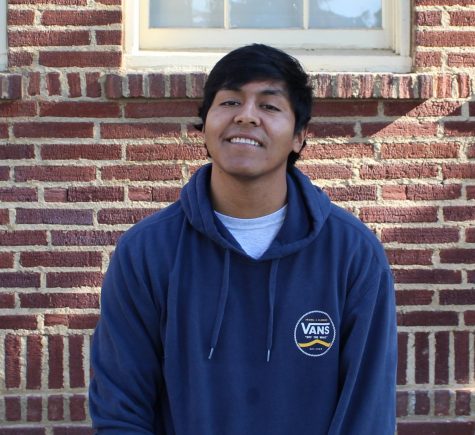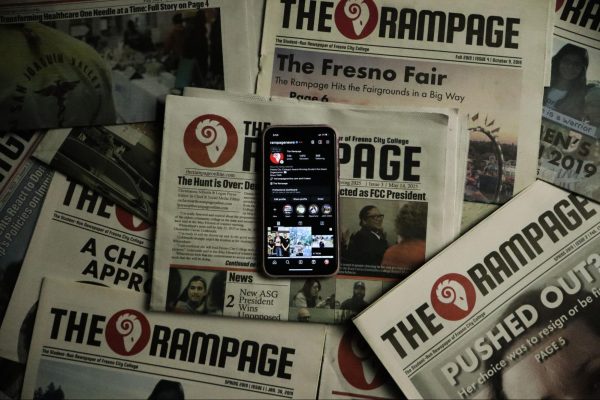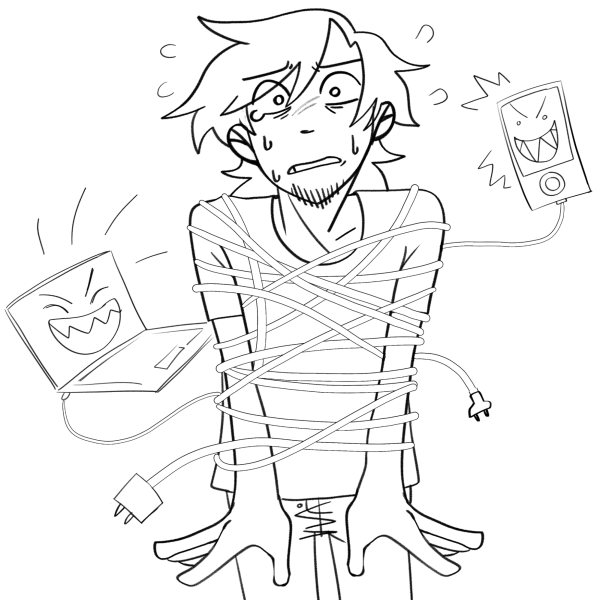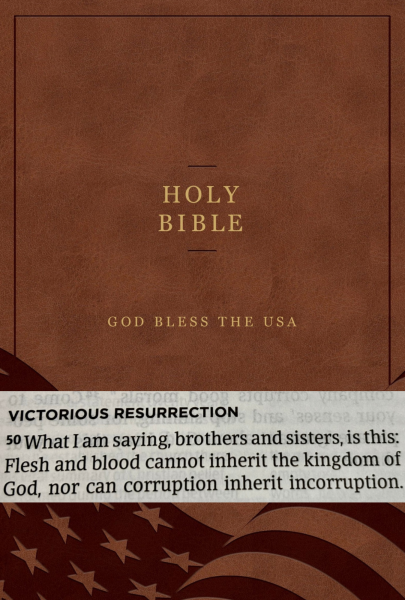There is No ‘Perfect’ Approach to Studying
When tasked to seek out what other students’ preferred study methods are and what it is exactly that they do, I started to think about the way I study when I realized: I don’t.
I generally make cheat sheets. Ya’know, loose-leaf papers with varying degrees of miscellaneous information such as names, dates, sometimes names and dates in the same sentence, etc. Then I tend to leave them alone until hours before the exam on exam day and just face the consequences of my procrastination.
This is clearly a less than ideal approach, hence why I feel I don’t really study. It’s impractical and ill-advised.
It’s not something that turns out too bad for me though. I achieve passing grades through this strategy, and upon further reflection, realized that my grades tended to be the same even on the few occasions where I did study. Perhaps that’s where this habit stems from, subconsciously.
I’m grateful for this article in helping me come to that self-realization.
In an interview, Laura Barraza (a marketing major at Fresno City College) explained that she takes the flash-card approach; that is, on one side of a flashcard you write a vocabulary word or historic event or whatever it is that fits into your subject to study, and on the reverse side of the card you write the corresponding definition, facts or dates.
Barraza limits the studying material to vocabulary and key terms that will help inspire the remembrance of other bits of information.
“I think it’s based off of your preferred method of just learning in general,” Barraza stated, when asked what she thinks makes someone stick to a certain studying method.
“Visual learners probably remember motions their teachers did in class or remember information based on visual cues, or something,” she added.
Paul Areyan, a Nursing major in Fresno State’s nursing program, summed up that he pretty much uses the exact same strategy I do and is only fueled to study by feelings of inadequacy. In his case, it’s anything lower than an A.
When asked how he does study as a result of these feelings, Paul Areyan explained that he just goes over lecture notes and gives himself at least a day in between study sessions to go over the material again to test how much he truly remembers.
“It’s easier to remember when I understand it” Paul Areyan added, emphasizing that he doesn’t study to commit to memory, but rather see if he actually understands the material.
Rachelle Areyan, Paul Areyan’s wife and Anthropology major at Fresno City College, stated that she studies for at least four days before a test. She also takes the flash-card approach and practices another approach, explaining the material to a non-class-taker to see if she can get them to understand, thus proving she knows what she’s talking about.
When asked why she sticks to the flash-card and this ‘mock-professor’ approach, she stated that it works and it’s easier to stick to a method that has proven itself to work already, and further explained that the method originates from her time as an english tutor at Fresno City College.
English wasn’t exactly a subject that required studying but rather memorization of writing styles and rhetorical strategies and that’s where Rachelle Areyan mastered the “mock-teacher” studying and memorization approach.
To recap, I don’t study, or at least don’t have a study method mastered and secured yet, so I can definitely benefit from studying how other people study. What I’ve learned is that there is no ‘perfect way’ and, like with most things, it is a very “person-to-person” thing.
It would be ideal to try various methods in order to see which best suits your learning style, whether it be the cheat sheet, flash card, or even the mock-teacher approach.

Born in Tepic, Nayarit, Mexico and immigrating to the United States at just nine-months-old, 22-year-old Luis Barreto is now attending Fresno City College...





